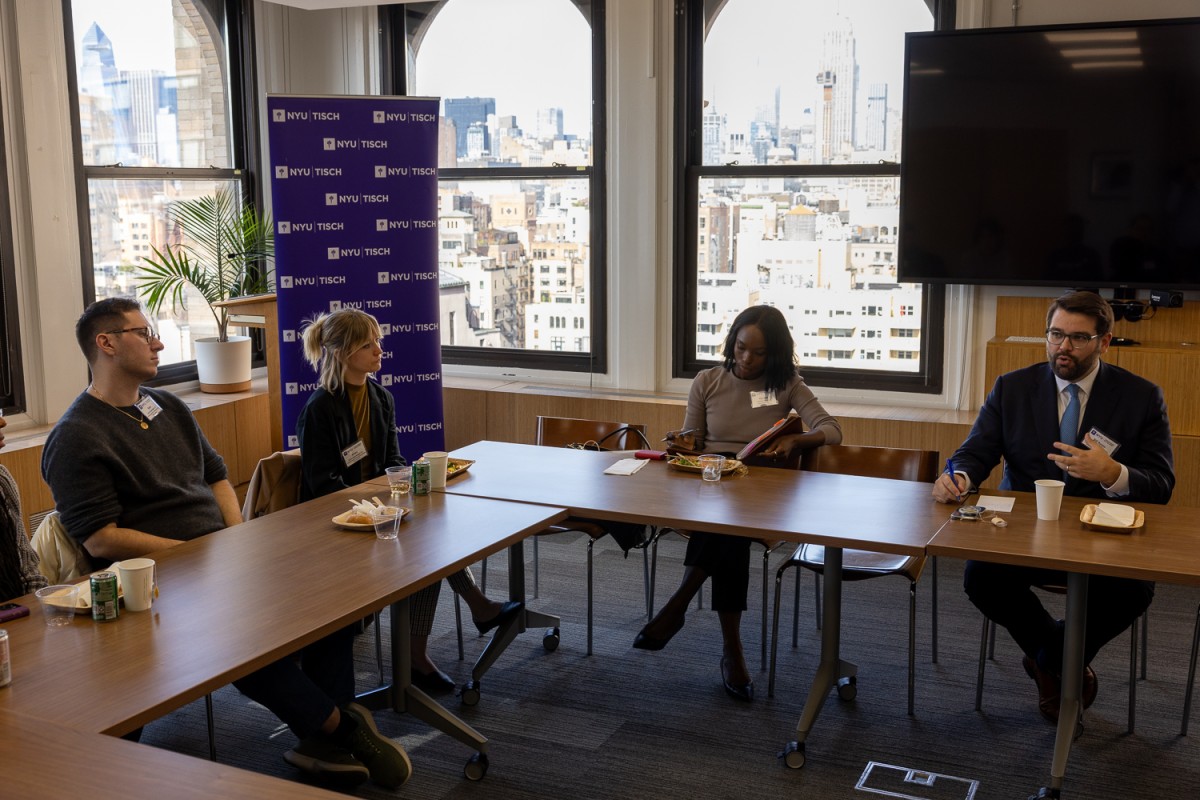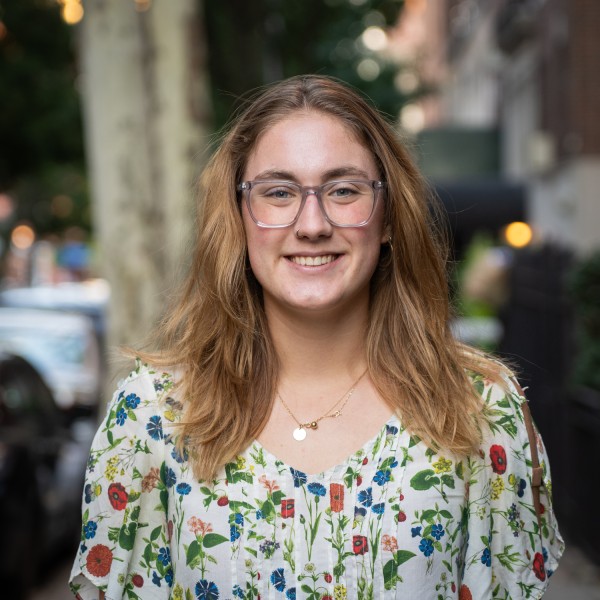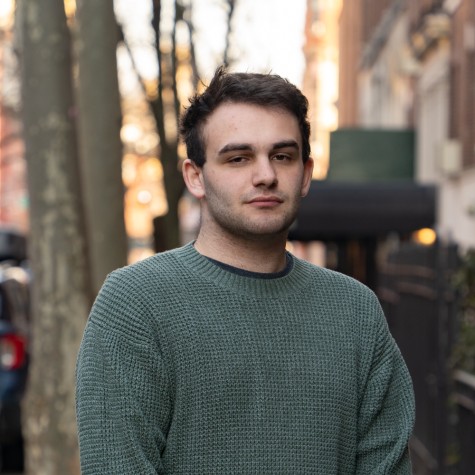A U.S. State Department official spoke with students and faculty in NYU’s dramatic writing department about how to use creative writing techniques to communicate diplomacy to the public at a roundtable discussion on Wednesday.
The official, Bill Russo, serves as Assistant Secretary of State in the Bureau of Global Public Affairs — the branch of the U.S. Department of State that focuses on communicating policy decisions to the public. At the discussion, Russo spoke about how to convey American foreign policy to domestic and international audiences through the fine arts, including through art installations and film production. In an interview with WSN, Russo encouraged students to give their thoughts on how to make the department’s public outreach “more compelling.”
“Part of the reason I wanted to be here at Tisch and part of the reason I enjoyed that conversation is we do diplomacy, we do foreign policy, we do foreign affairs — that’s our bread and butter,” Russo told WSN. “But, telling the stories about that is where we could use feedback, we could use expertise, we could use input.”
At the roundtable discussion, Russo said the State Department’s communication of U.S. foreign policy needs to be “a little more human” and “a bit more funny,” comparing American policymaking to creating fictional characters and complex narratives.
“When you talk about a character with a long past, some parts of which are deeply flawed and some are admirable, that sounds a lot like telling the history of America,” Russo said. “Storytelling is at the heart of persuading people and explaining the work that we do every day.”
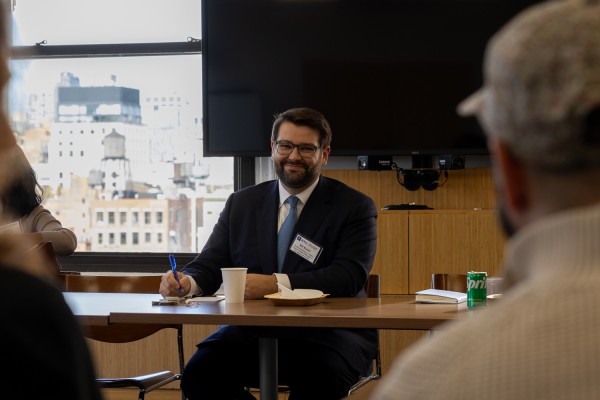
Students and faculty shared how they each deal with complex and flawed characters in their works. Max Reuben, a second-year graduate student at Tisch who attended the event, said acknowledging flaws or mistakes is essential to good storytelling, especially from a government agency.
“There needs to be humility and honesty when something comes from the government or else it’s propaganda,” Reuben said. “That comes with failure and past failure and it also comes with incremental success, that is storytelling and it opens an audience up for that story.”
Russo’s visit to NYU comes three weeks after the university was named twice in a U.S. Senate resolution condemning “antisemitic student activities” on college campuses over the Israel-Hamas war. In an Oct. 25 letter, Rabbi Yehuda Sarna, the executive director of the Bronfman Center for Jewish Student Life, said that he has received hundreds of complaints of “enduring discrimination, harassment and vandalism” from community members since the beginning of the war.
In October, hundreds of students and faculty called on NYU to address incidents of antisemitism on campus and provide greater support for Jewish students amid the war. Less than two weeks earlier, more than 30 student groups called for NYU to address Palestinian deaths in the war, and claimed the university was neglecting its Palestinian community.
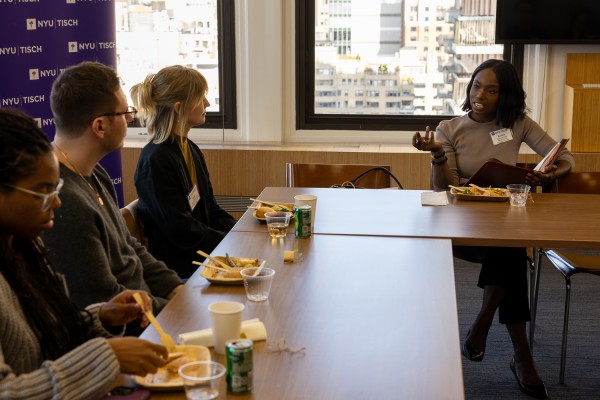
Russo told WSN he thinks protections for student expression are important, but that regulations to prevent the inciting of violence are necessary. He said that one of the focuses of the state department is to prevent the spread of Islamophobia and antisemitism during the conflict.
“When you talk about student expressions, that is a great thing, our tradition of dissent and freedom of speech and expression is one of the great stories that we will tell all around the world because it’s incredible,” Russo said. “But when that expression veers into things that could increase hate and violence and threats on people, we are looking to do what we can to prevent it.”
Russo said that his conversation at NYU is the first stop of several universities he will visit during his two-day trip to New York City, and that he is hoping to encourage students and other New Yorkers to become involved with the State Department and voice their opinions on policymaking.
“Diplomacy touches everyone’s life almost each and every day, and in many ways, it’s invisible, but it’s real,” Russo told WSN. “That’s why it’s important to show up and have these conversations. It’s always important to kind of keep diplomacy in the State Department.”
Contact Ania Keenan at [email protected].























































































































































